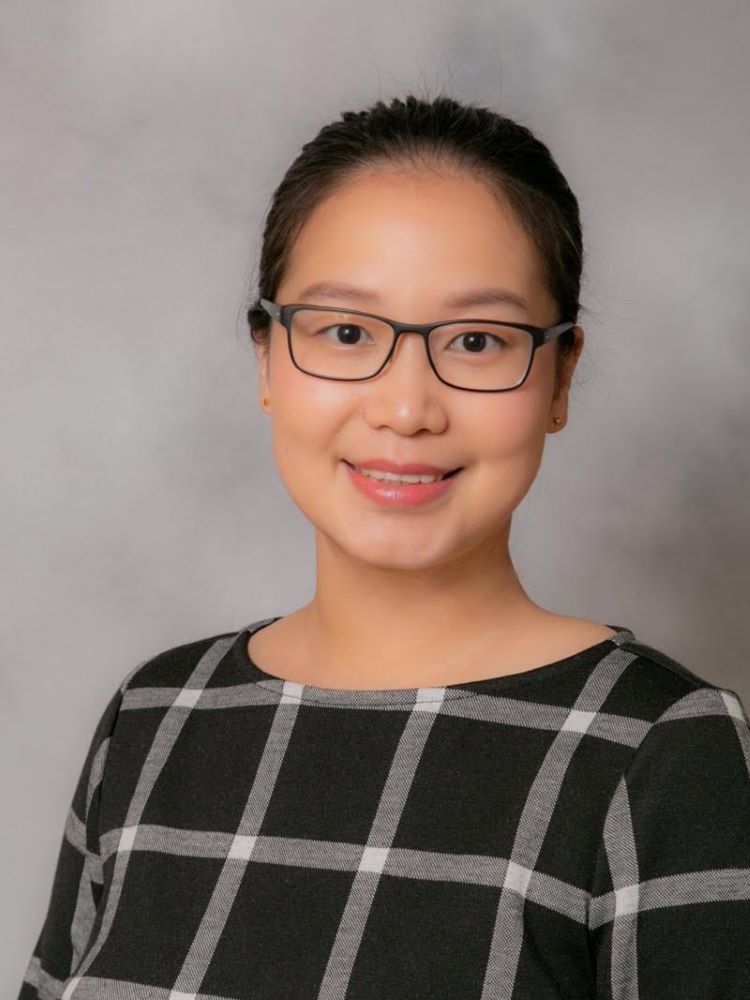Cultivating Civic-Minded Citizens
Dr. Hanjin Mao's Experiential Philanthropy Pedagogy
Research shows that making real, consequential change that betters society can take
years. Decades, even. That said, the process can be sped up, says Dr. Hanjin Mao, Assistant Professor of Nonprofit Management,
a forward-thinking, passionate educator who has implemented a pedagogy called Experiential
Philanthropy here at UHD. In the process, she is redefining what it means to be a
Gator student, citizen, and philanthropist.
process can be sped up, says Dr. Hanjin Mao, Assistant Professor of Nonprofit Management,
a forward-thinking, passionate educator who has implemented a pedagogy called Experiential
Philanthropy here at UHD. In the process, she is redefining what it means to be a
Gator student, citizen, and philanthropist.
Experiential philanthropy pedagogy is not new, and neither is the service-learning approach, Mao says. It is, however, new to the Houston area, as she is the first (to her knowledge) to implement Experiential Philanthropy in an undergraduate classroom in the part of the country.
The idea is simple: Students act like philanthropists by giving grants to local nonprofits. For now, the grants are hypothetical, as Mao wanted to test things out prior to applying for funding. Given her approach's success, she will assuredly apply and receive money for her students to dole out in the future.
And speaking of doling out money, that isn't done on a whim. Before they give these grants, students are required to work together to thoroughly study each non-profit organization from their compiled list, along with the social issues the nonprofit purports to address.
This model, says Dr. Mao, mirrors the real world of philanthropy. "It's about more than just giving money. It's about developing critical thinking skills, understanding the complexities of social issues, and learning how to decide where resources will have the most impact." All of these are transferable skills, making the course happily aligned with the university's Quality Enhancement Plan (QEP), Transferable Skills for the 21st Century.
Initially, Dr. Mao was unsure how the online format would impact the course's effectiveness, as experiential learning often relies on face-to-face interactions and real-world experiences. However, she was pleasantly surprised to see her students thrive in the online environment. They engaged with the material, conducted thorough research, and presented compelling cases for their chosen nonprofits.
In the end, her class chose the Houston Area Women's Center (HAWC). Several HAWC representatives attended the final class day to receive the student recommendation and address the class, thanking them for their endorsement, as well as educating them further on careers in the non-profit industry.
That, says Dr. Mao, is her goal, along with showing students the many ways they can make an impact on society. "I want my students to know that they don't have to be wealthy to make an impact," she said. By providing students with real-world experience in grantmaking, she's challenging the traditional notion of philanthropy and broadening the definition to include everyone. If she keeps this up, however, the definition might just be one word: Gators.
